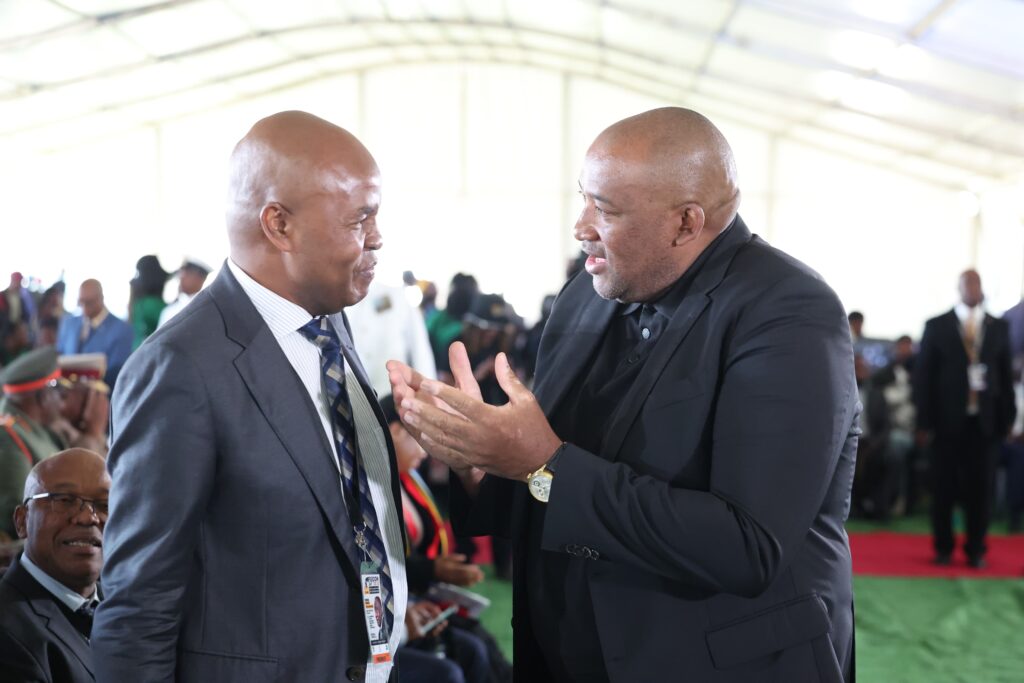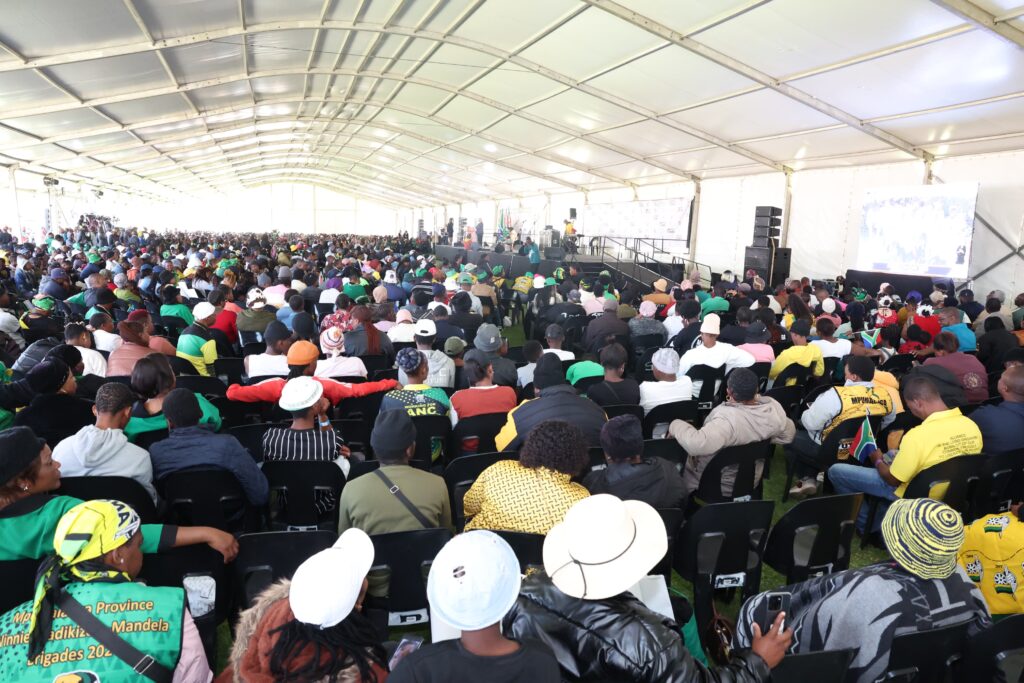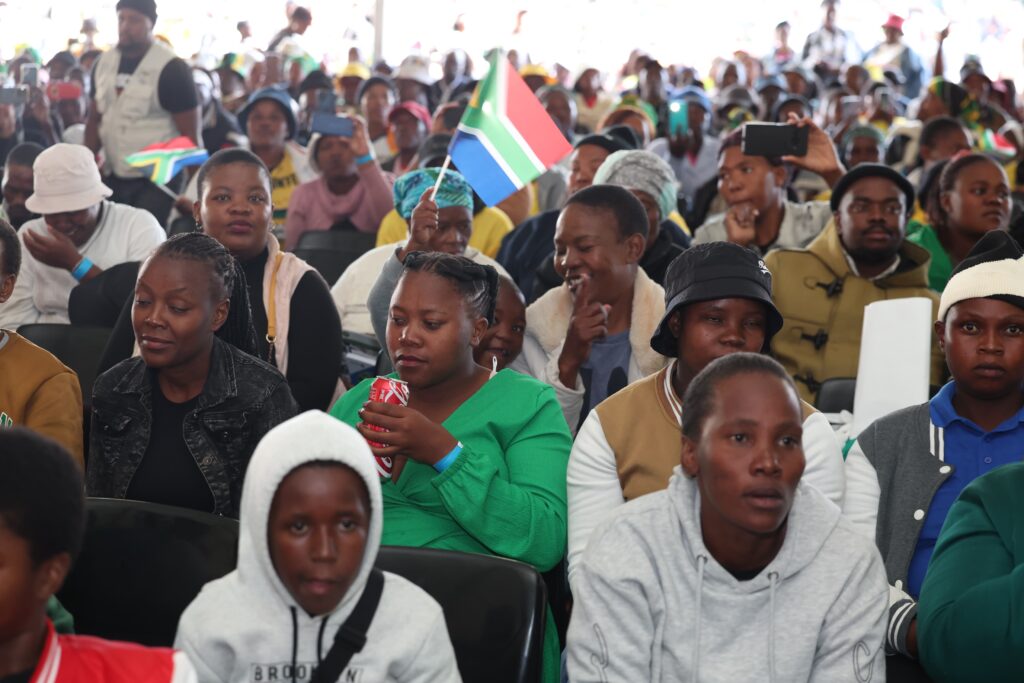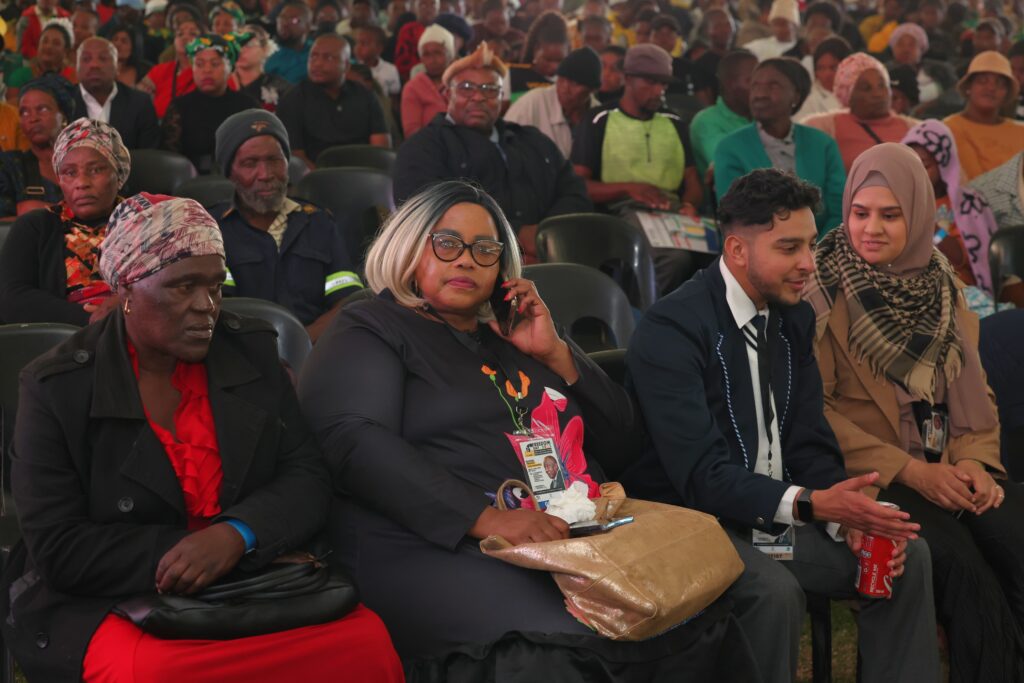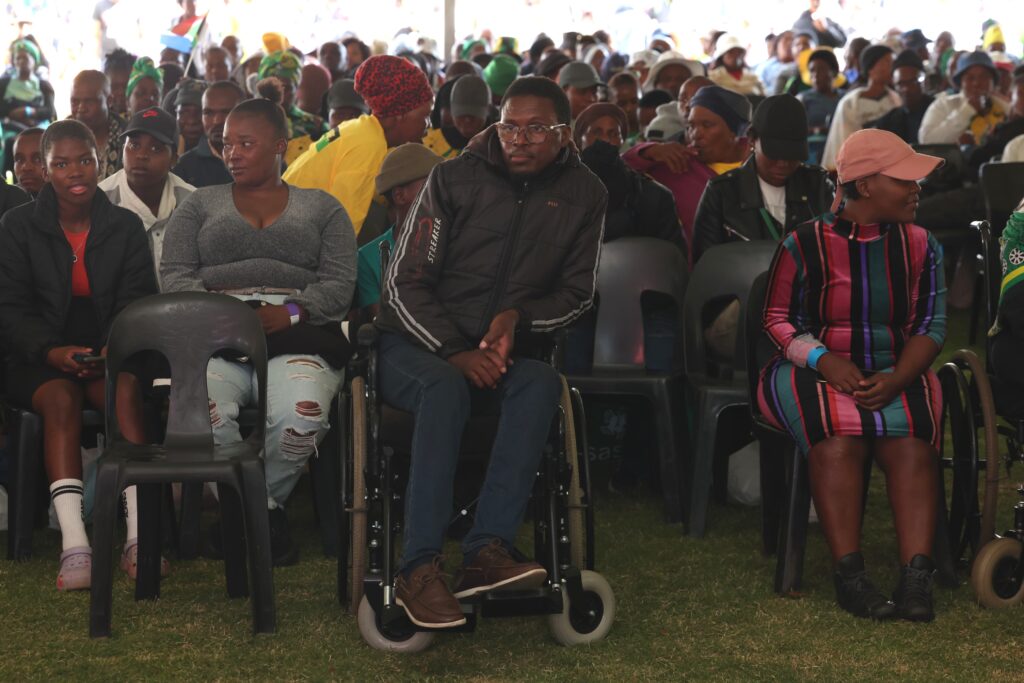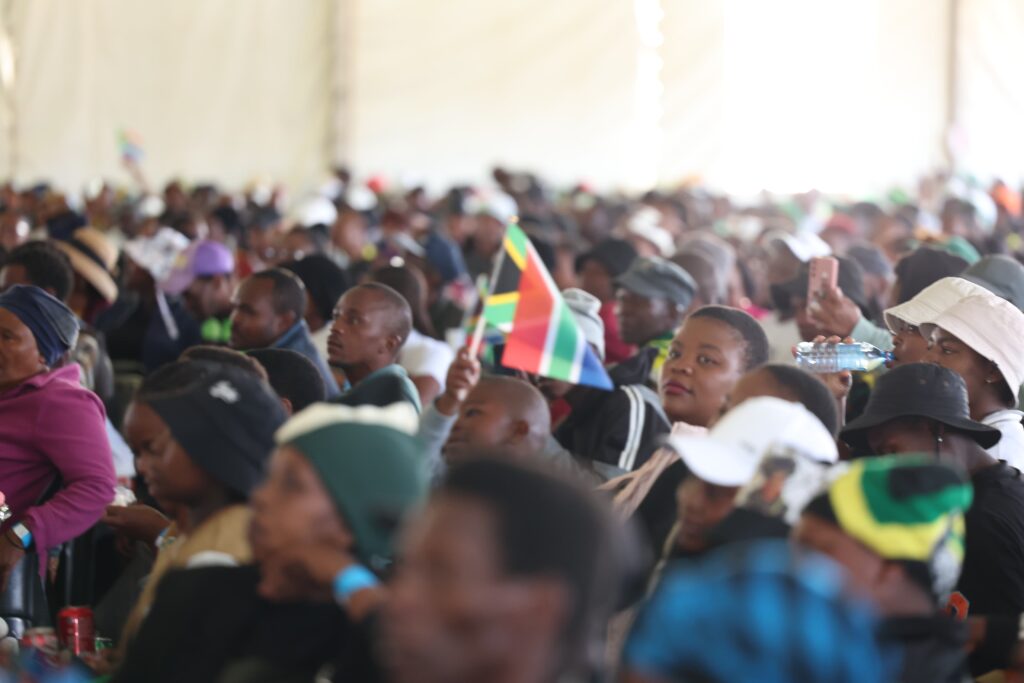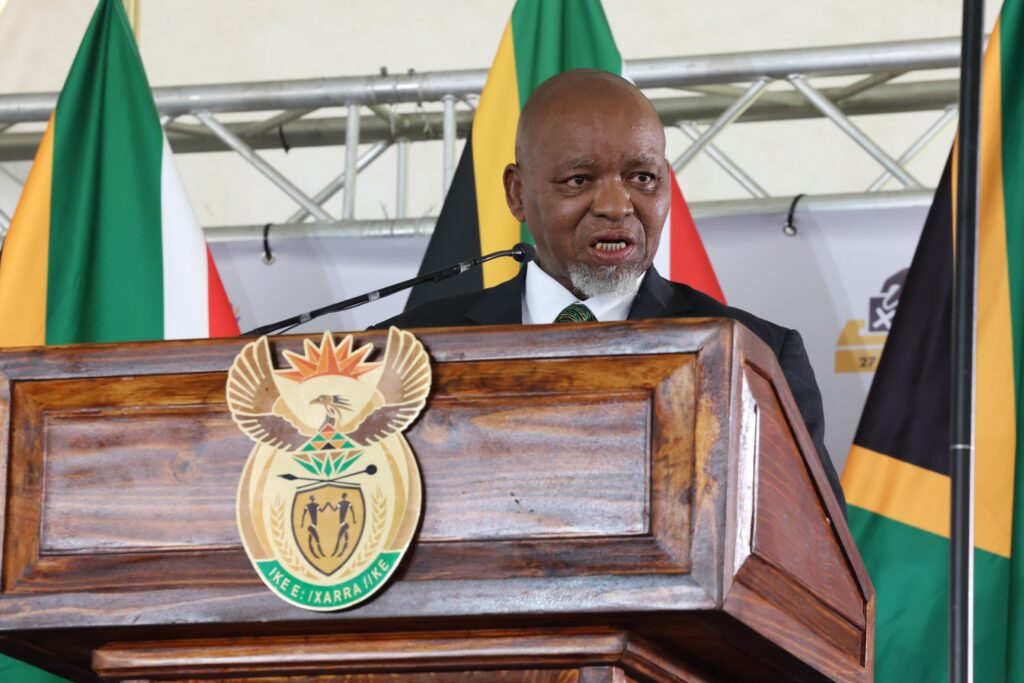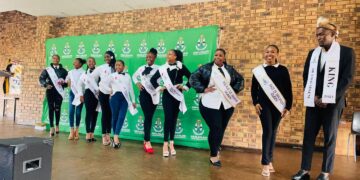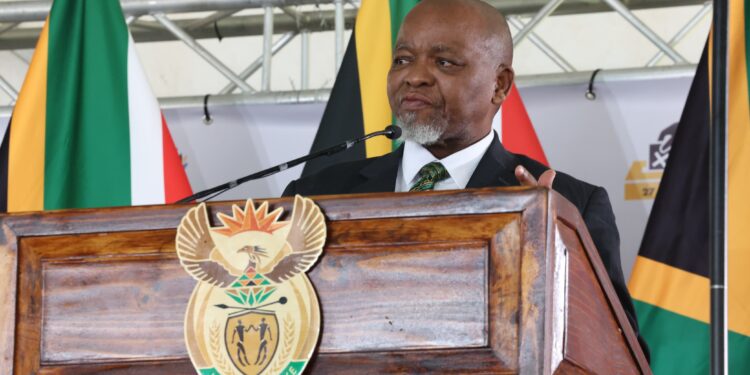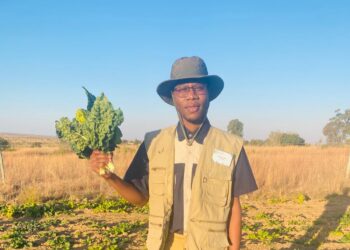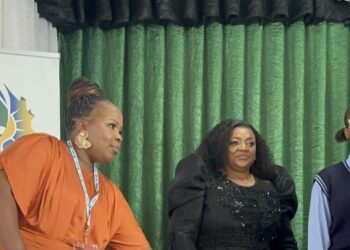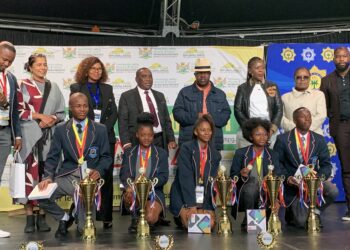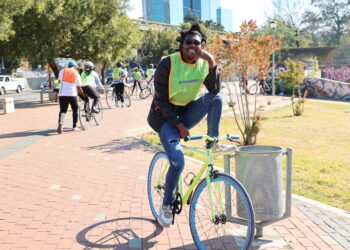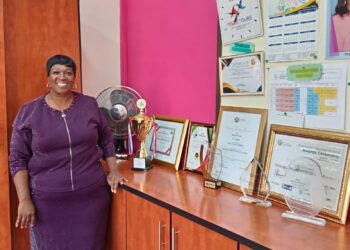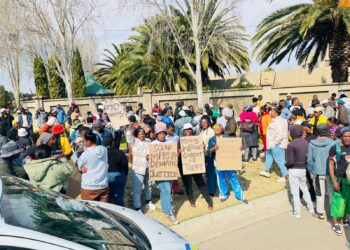SOUTH AFRICA – Minister Gwede Mantashe, representing President Cyril Ramaphosa, struck a unifying chord at South Africa’s 31st Freedom Day celebrations in Ermelo on Sunday, urging citizens to reject division while acknowledging enduring challenges. Speaking to a diverse crowd at the AJ Swanepoel Stadium, Mantashe hailed the nation’s reconciliation legacy but warned against complacency in tackling inequality.
“Our liberation was secured through the actions of many: black and white, rich and poor,” Mantashe declared, honouring anti-apartheid figures like Beyers Naudé and Bram Fischer. He condemned attempts to “rekindle racial bitterness,” highlighting, “We will not allow anyone to define us or turn us against one another.” Highlighting progress since 1994, he cited expanded social services and a commitment to inclusive growth, while conceding that poverty and unemployment remain “deep wounds.”
Mpumalanga Premier Mandla Ndlovu echoed national themes, celebrating local strides in infrastructure, education, and healthcare. “We’ve built six boarding schools, reduced unemployment to 34.7%, and will create 60,000 jobs this year,” he said, detailing R25 million sewer upgrades in Ermelo and 550 new homes. Yet, he admitted, “Unemployment is still high; we are trying.”
The South African Human Rights Commission (SAHRC) acknowledged democratic gains but stressed, “Inequality and corruption steal from the poor.” Parliament echoed this, pledging oversight on G20-led reforms but warning of “stubborn unemployment and crime.”
Criticism flared from left-wing groups. The Workers and Socialist Party (WASP) dismissed post-1994 progress as “capitalist betrayal,” citing the Stilfontein mining tragedy and 59.6% youth joblessness. “Freedom under capitalism is starvation,” they declared, demanding revolutionary action. SAFTU’s Zwelinzima Vavi lamented, “Freedom without economic justice is an empty shell,” condemning austerity and privatisation.
Mantashe outlined national priorities: job creation, poverty reduction, and ethical governance. He announced a “National Dialogue” to forge a social compact, urging citizens to “reimagine the future together.” “This dialogue must be participatory, from local consultations to national gatherings,” he said, framing it as a bridge to Vision 2030.
While celebrating South Africa’s global moral leadership, noting solidarity with Palestine and peace efforts in Ukraine, Mantashe faced pushback. The Forum for South Africa (FOSA) blasted “colonialism by black elites,” citing rampant crime and unemployment. “Phase two colonialism is here,” they charged, rejecting the day as “fake freedom.”
Marking 31 years of Freedom in Mpumalanga, Mantashe called for unity while acknowledging citizen weariness and pledging to address inequities, contrasting with grassroots disillusionment. Premier Ndlovu echoed optimism, urging the nourishment of freedom.
The day’s mixed narratives revealed a nation grappling with its identity, proud of its past, uneasy about its present, and divided on its future. As Parliament stated, “True freedom demands vigilance.” For millions, the struggle continues.
